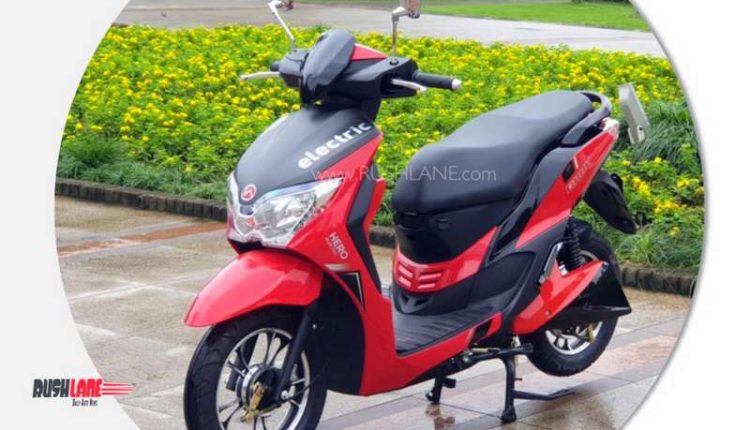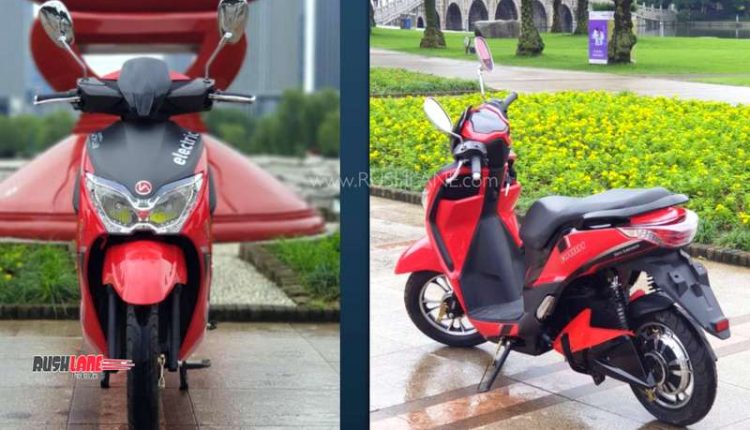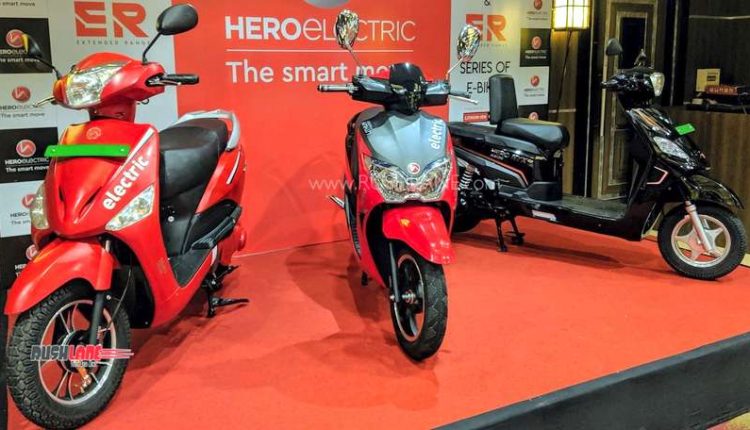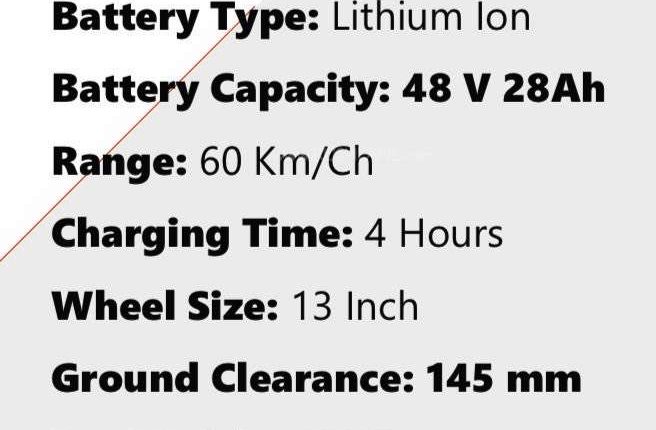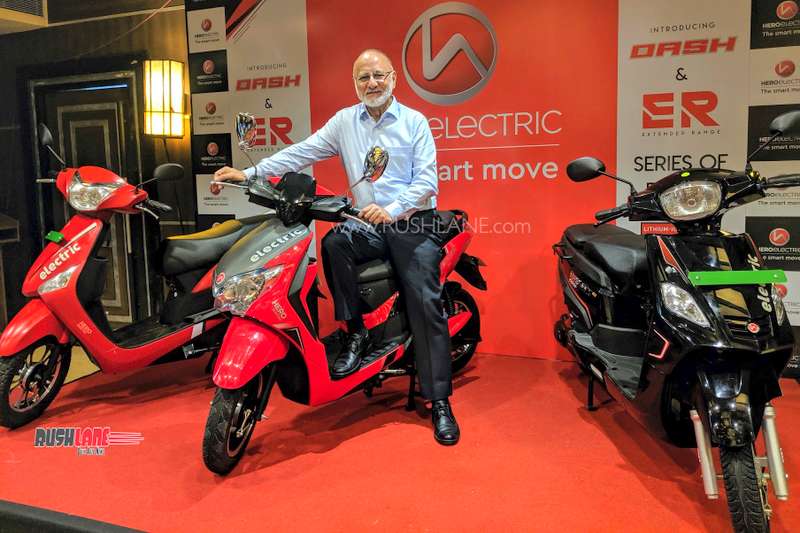
Hero Electric Dash scooter has been launched at a starting price of Rs 62,000. With this, the brand expands its e-scooter portfolio. Hero Dash electric scooter gets power from a 48v 28 Ah Li-Ion battery with fast-charging of 4 hours and a range of 60 km per charge.
Dash gets ground clearance of 145mm to tackle diverse road conditions. The e-scooter features LED DRL’s, LED headlights, digital instrument cluster, USB mobile charging port, tubeless tyres, dual tone body colour and graphics, and remote boot opening. The bike is offered in dual tone colour options.
Last week, Hero Optima and Nyx ER variants were launched at a price of Rs 68,721 (ex. PAN India) and Rs 69,754 (ex. PAN India), respectively. Optima ER and Nyx ER feature a dual Li-Ion battery with a total range of 110 kms and 100 kms per charge, respectively.
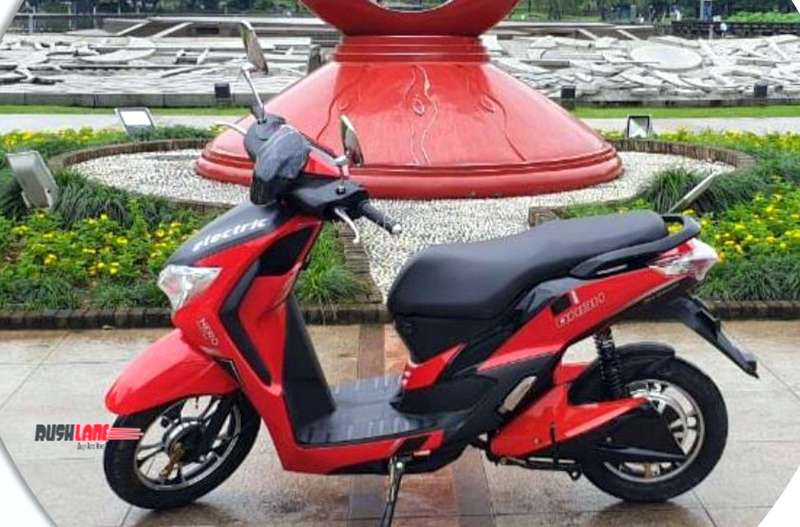
Sohinder Gill, CEO, Hero Electric India said, “Hero Electric is determined to deliver the best of electric two-wheeler mobility options to eco-conscious customers who prefer smarter mobility solutions. The all-new Dash is our latest and most lucrative offering that offers style, practicality, performance with a powerful Li-Ion battery that is portable and reliable, and I am certain this will appeal to people of all age groups. As always, we will continue to bring in new and better products and are always listening to customer feedback.”
Hero Electric says those switching to an ER e-scooter from the brand would save about a lakh over two years of use depending on their commute needs. The cost saving comes from petrol costs. Hero Electric has plans to introduce heavy duty products to meet wide-ranging B2B sector requirements for the commercial segment.
Going forward, all high-speed Hero Electric products will be eligible for FAME II benefits. This and the benefit of lowered GST rates on batteries and chargers will make the company’s offerings more favourable to the pocket.
Availability of lightweight to high-speed performance scooters ensures there’s something for everyone. By 2020 end the company plans to have 1,000 touchpoints across the country from the current count of 615 touchpoints. Production will be ramped up over the next three-years to get to 5 lakh-units annually.


